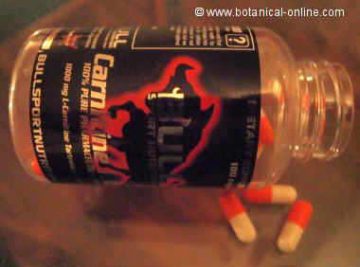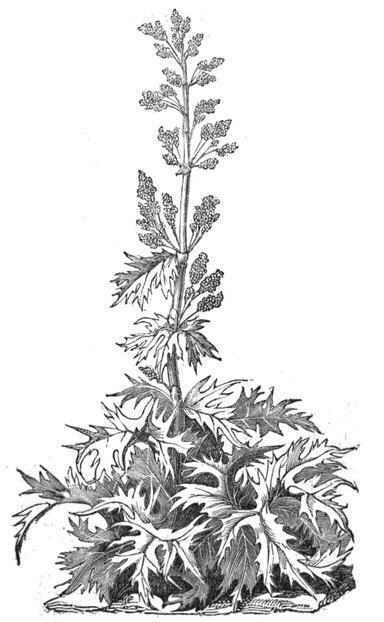Contents
Characteristics and functions of amino acid carnitine
What is carnitine?
Carnitine is a dipeptide commonly famous for the fat-burning properties attributed to it.
It is a non-essential component, which can be formed from two amino acids: methionine and lysine, plus the presence of vitamin C, vitamin B3 (niacin), vitamin B6 (pyridoxine) and iron. The liver, the kidneys and the brain are the organs in charge of synthesizing it.
Its structure is similar to that of vitamins, it is soluble in water, and its function is to facilitate the transport of essential fatty acids. Carnitine causes fats to reach the cells faster, and then be “burned”.
Carnitine, in addition to contributing to the metabolism of fats, accelerates the metabolism of muscle cells, improving their performance. 90% of the carnitine reserves of the body are found in muscle tissue. For this reason, it is widely used as a sports supplement, both to define muscles, and to accelerate fat burning and sports performance.
Carnitine allows the burning of fatty acids as an energy source, saving muscle glycogen and increasing resistance.
Types of carnitine

The main types of carnitine are:
- L-carnitine: is a commercial form of carnitine that is usually used for most conditions because it is the form that is best absorbed.
- Acetyl-L-carnitine or ALC: A derivative of carnitine, called acetyl-l-carnitine (ALC) appears abundantly in the brain and is attributed a key role in the prevention of cell aging, both brain and cells of the organism in general. It is considered one of the main anti-aging.
Properties of carnitine
What is the use of carnitine?
The main indications of carnitine are the following:
- To lose weight: Helps reduce body fat
- Define the musculature
- Regulate cholesterol
- Maintain the health of the heart and the circulatory system
- Favor fertility
- Delaying aging
- Prevent mental and nervous system diseases
- Prevent diabetes and improve the negative symptoms of diabetics (diabetic neuropathy)
- Promote the health of AIDS patients.
Who should take carnitine? Carnitine deficiency
In general, carnitine deficits does not occur. People who follow a varied diet, usually have few problems of lack of this peptide. However, in some cases, possible deficiencies of carnitine may occur. Among them we have, for example:
- Strict vegetarians who have deficiencies in methionie or lysine.
- People who have deficiencies of vitamins or minerals, as in the case of vitamin C, vitamin B3 (niacin), vitamin B6 (pyridoxine) and iron.
- People who have problems absorbing nutrients in the intestine.
- Sick of the liver
- Sick of the kidneys
- Sick of the heart
- AIDS sufferers
- People who have a diet too high in fat
- People who live under stress
Symptoms of carnitine deficiency
The main symptoms of lack of this component are:
- Muscle weakness
- Muscle pain
- Fatigue
- Mental confusion
- Chest pain.
Is carnitine safe?
These supplements have few side effects. The main one is vomiting , when ingested on an empty stomach. This is why it is recommended to take these supplements at meals.
![]() More information on carnitine
More information on carnitine








